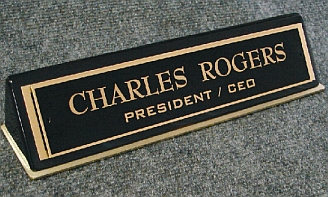






Because of the diversity of fields in which you can specialize and practice user-centered design, there are many jobs available, including:
Ergonomist: The definitive job title. Broad enough to span a variety of ergonomic stations and tasks. When further considered an ergonomic specialist, it usually signifies that you're dedicated to a particular field and/or company
Consultant: This title reflects the singular nature of an ergonomist. You either approach, respond, or are sent to clients to identify & solve work/design errors.
Lecturer/Professor: A fair number of ergonomists station themselves in colleges & universities to teach the theories & practices of ergonomics.
Occupational Therapist/Hygienist: Occupational Therapists usually treat work related injuries while hygienists anticipate & prevent the work hazards that produce them
Program officer: This title acknowledges the initiating work officers do. They begin programs so that workplaces can monitor & protect their workers.
Industrial/Human Factors Engineer: This job title belongs to professionals who have attained engineering skill in addition to health & safety training. This qualifies them to both produce and evaluate their own work
Interface Designer: This job requires HCI (human-computer interface) or computer science backgrounds along with skills in web/graphic design. Like most the jobs above, it requires frequent application of user-testing
Usability/UserCenteredDesign Practitioner: The general title of UCD practitioner, just like the aforementioned ergonomist, encompasses the range of usability tasks and jobs a professional can be expected to do
Information Architect: IA's focus on making the content of interfaces as easy to find, handle and use as possible.